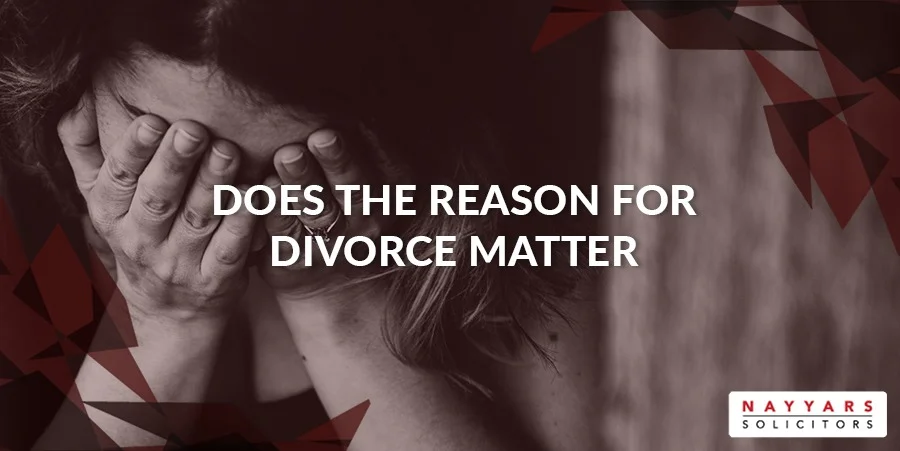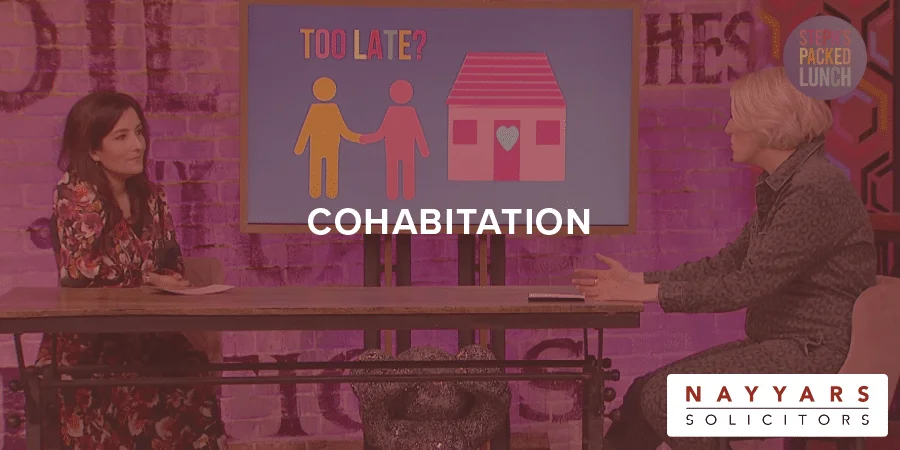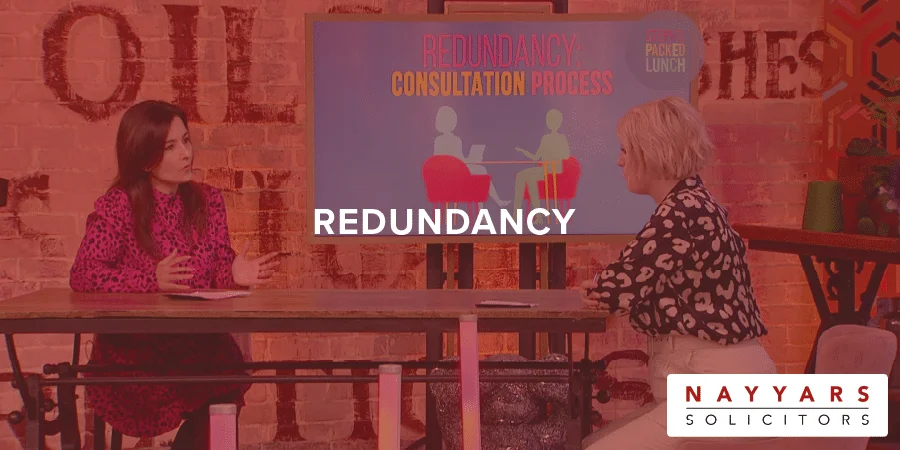Can I Claim Compensation for Domestic Violence?
If you have suffered from domestic violence, it is important to know that compensation is available. While it may not be able to undo the past, it can go a long way to helping you make the most of the future.
Unfortunately, as with any compensation claim, the process is not always straightforward. That is why understanding how you can claim compensation for domestic violence is key.
What is Domestic Violence?
Domestic abuse comes in many forms and is not limited only to violence. Any behaviour that creates a pattern of incidents that are coercive, controlling, degrading or threatening is considered abusive. This could include:
- Violent or sexual behaviour;
- Coercive control, such as degrading or isolating behaviour;
- Emotional or psychologically abusive behaviour;
- Harassment or stalking in the real world or online;
- Financial abuse;
- Honour-based abuse;
- Forced marriage.
Coming to terms with what type of abuse an individual has suffered is one of the most difficult steps a person can take. With domestic abuse and violence coming in so many forms, it is natural for victims to experience confusion or doubt about whether they have experienced abuse.
In these cases, a good first step is to speak to a close friend about what you are experiencing. This can give you an outside perspective and shed light on whether the behaviour you have experienced is abusive. You can then consider pursuing a claim for compensation and, more importantly, take steps to leave the abusive environment.
There can also be confusion about who commits domestic violence. Typically, abuse is committed by a family member, partner or loved one, but it can also be inflicted by others, such as family friends or neighbours, especially if the abuse was carried out during childhood.
How Can You Claim Compensation?
Outside of compensation awarded as part of a criminal conviction, there are two primary ways you can make a claim for domestic violence.
Making a Civil Claim
The first of these is via claiming for damages in the civil court, through which you claim against the abuser themselves. Before taking this action, there are two important factors to consider:
- Firstly, are you comfortable with coming face to face with your abuser again? In civil litigation, it is possible that you may have to give evidence in court against your abuser. For many victims, this is not a step they are comfortable in taking.
- Secondly, you need to consider what your abuser could afford to pay. Winning a civil claim can give a huge amount of closure to an individual, but it can be frustrating if they cannot pay you the damages you are owed, as this can result in a drawn-out process of trying to recover your damages.
If you do want to pursue a civil claim against your abuser, then you should speak to an experienced solicitor as soon as possible. They will be able to give you an idea of your chances of success and provide further information on the next steps.
Making a CICA Claim
The other way you can claim compensation for domestic violence is through the Criminal Injuries Compensation Authority (CICA). This provides compensation for a range of criminal injuries, including domestic violence and abuse.
The major benefit of making a CICA claim is that whether your abuser has been convicted does not have an impact on the likelihood of you receiving compensation. It also means that you do not have to wait for the outcome of any criminal trial before you can launch your claim.
However, in order to make a CICA claim, you will need to meet some qualifying criteria, including:
- Reporting the incident to the police;
- Cooperating fully with the police;
- The incident happening in the last three years.
You will also need to show that none of your actions contributed to the violence.
Common Difficulties When Making a CICA Claim
Making a CICA claim is often the best option for victims of domestic violence, but unfortunately, the process is not straightforward. Some of the common difficulties that come up include:
- Claiming for Specific Incidents: When applying for compensation with CICA, you need to claim for specific incidents. Deciding what incidents you should claim for is not always clear.
- Proving You Are Blameless: In order to make a CICA claim, you need to show that your conduct did not contribute to the violence or abuse. Depending on the circumstances of the abuse, this is not always clear and obvious.
- Showing the Attacker Cannot Benefit: One of the things CICA takes into account is whether compensation could benefit the attacker. In cases of domestic violence, the abuse often has control of the finances, so CICA may opt to set up a trust for your compensation, rather than pay you directly.
- Reporting the Incident to the Police: CICA claims require you to have reported the incident to the police. In cases of domestic violence, this can be a significant step to take and not one that everyone is ready for. This can also make claims for historic abuse difficult.
- Gathering Evidence: CICA claims require you to provide extensive evidence as part of your application. This can be particularly difficult where abuse is not physical.
CICA claims can be complex at the best of times, but when it comes to domestic abuse, there are a number of factors that need to be taken into consideration. Therefore, if you are considering making a CICA claim for domestic abuse, ensure you speak to an experienced solicitor to learn more about your options and what to expect.
Is There a Time Limit for CICA Claims?
If you are considering making a CICA claim then acting quickly is imperative, as you must apply as soon as it is reasonably practicable for you to do so. For those who suffered domestic violence as an adult, this usually means within two years of the incident you are claiming for, unless:
- There were exceptional circumstances that meant the application could not be made earlier;
- The evidence provided with the application means it can be determined without further extensive enquiries by a claims officer.
If the incident took place before you turned 18 special provision is made. You should still apply as soon as possible, but if the incident was reported to the police before you turned 18, you have up until the day of your 20th birthday.
If the incident took place before you turned 18 but was not reported to the police, you have two years from the date you reported it to apply. Parents or guardians can also apply on behalf of people who are under 18, allowing the claim to be made nearer to the time of the incident.
Considering a Claim for Domestic Violence?
If you are thinking of pursuing compensation for domestic violence it is important that you speak to a solicitor as soon as possible. Due to the unique circumstances of domestic abuse, claiming compensation is often more complex than doing so for a different violent crime.
If you are planning a claim compensation, get in touch with Nayyars Solicitors to discover how our experienced team can help you.




















